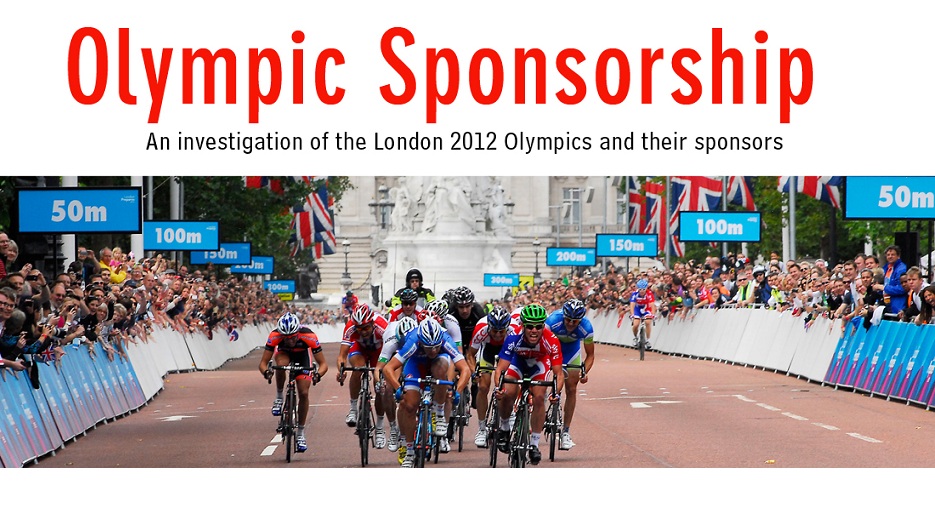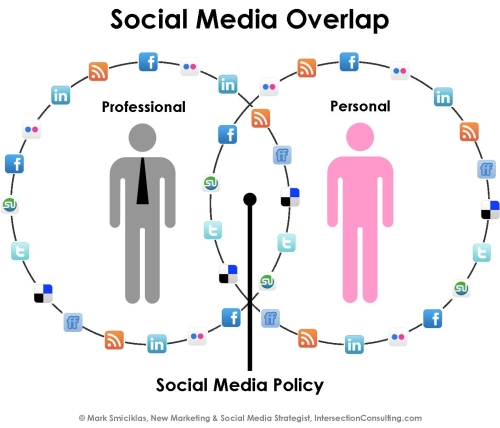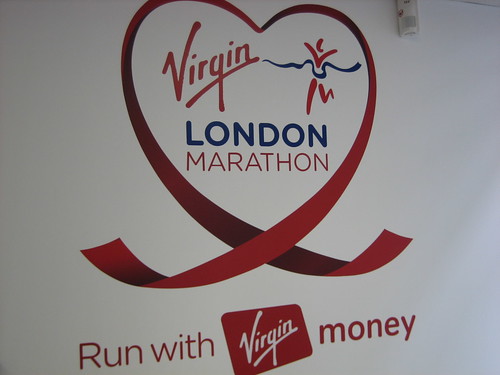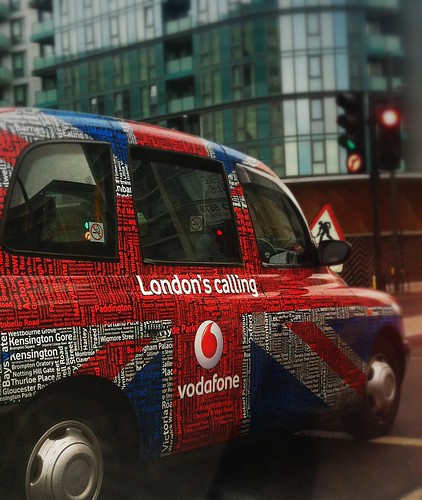Wednesday 16 May 2012
Monday 30 April 2012
Sunday 29 April 2012
Tuesday 13 March 2012
How to be a community manager
Community Manager role
The role consists of
growing and developing community ideas as well as contributing to building and
managing the community around your topic.
Interact with local
communities and surrounding communities that are involved.
Attend events and
interact first hand through social networks, phone and physical contact.
Skype interviews,
phone interviews, online discussion forums, events and bloggers.
Locating appropriate
communities for appropriate research e.g. student communities may include the
National Union of Students, universities, UCAS.
Use both actual
physical communities and also online communities e.g. student communities
online may include ‘The Student Room’, The Guardian Higher Education’s live
forums.
Twitter and Facebook
are good resources to use because it allows for close contact between sources
that you might not be able to get an interview from in other circumstances.
It’s also the easiest way to engage with members of the public.
Websites of pressure
groups are also good to use because you can get more detailed information that
might not be available from mainstream sources. They can give you ideas for
people to interview and events to attend.
Tuesday 6 March 2012
"My dad's cousin was died by disaster"
I have interviewed with an Indian lady who is a member of
the family affected by the disaster 25 years ago. She does not feel comfortable
to give her real name. She lives in India, so I rang her up and I interviewed
with her by phone.
I have asked the same questions in this interview as I asked
to Hasan Suroor before, because I would like to show different answers by
different views about Dow Chemical. This is the original transcript of the interview.
- Who
is the person of your family affected by the disaster 25 years ago?
He is my dad’s cousin. He has died after for a while. I was really young. I have a dim recollection of it, but I remember that it was terrible days.
- What do you
think about Indian people's reaction to Dow Chemical as an Indian?
The reaction to most Indian people was one of disbelief and one of hate
at the same time.The root cause of the disaster was Indian politicians;
a law was passed in India saying that at least 50% of the board of any company
doing business in India had to be Indian nationals. So Union Carbide was forced
to hand the control of the plant to a board dominated by Indian nationals, and
that was when corruption set in and safety standards at the plant started to
slip. After a decade or so of this decline, the disaster happened, and the
Indians tried to blame the US Company. It’s a development that could lead to a diplomatic crisis between India and the UK. Dow Chemicals, which has yet to shake the Bhopal gas tragedy off its back, has now been named as one of the sponsors of the 2012 London Olympics.
- How would the people and athletes of India
react if Dow Chemical sponsorship went ahead?
The reputation has and would still come into disrepute. The
Olympics is a sacred event for all the nations that take part in this
prestigious event. Dow chemical will always be remembered for the Bhopal
Disaster that happened nearly 25 years ago. Yes, arguably many say that sport
should reunite and let sportsman bring the best into any nation or sponsor, but
the effects of this disaster are so catastrophic that if they were allowed to
sponsor then many Indians and athletes would be condoning what had happened.
- Do you think the bad publicity will affect the
Indian athlete’s performance at the Olympics?
I do not think that it would affect their ability
or their performance as they are professionals in their own right. I feel that
it would have hindered their performances if the sponsorship would have been
allowed. Bad publicity could have come in many forms but one for the Bhopal
Disaster is immense for any Asian be it an athlete or a civilian. Fortunately,
Indian athletes can now concentrate on the job at hand and do their utmost best
for India.
- How will the cancelled Dow Chemical sponsorship
affect the Indian economy during the Olympics?
The cancelled sponsorship will be catastrophic
to the Indian Economy. However, the lives of those and affected and those who
have died have, and should not be in vain for the economy of India’s
Government. Admittedly, to sponsor something as big as the Olympics would be
brilliant, however, the Indian athletes and the people of India has been put
first.
- As Indian who knows someone affected, generally
how do you feel about the situation? And what is the general feeling within the
Indian community?
Dow chemical
may pretend that they care but what they really created hear was simply a mirage. They try to cover up what they did by fabricating a
vision to which stock holders of Dow chemical feel is the true vision of the
company when really that vision is of nothing but Greed! Money once again has
played its part in destroying life by letting fat cats in high places ignore
what has happened in return for a tidy sum to buy that car they will never drive
or that house they will never use!
How to: design an effective journalism blog
Video guide of the basics of designing a blogspot page: more tutorials by wvteks available here.
A strong layout
One blog user suggests on Blogntrepreneur that:
"There is a golden rule when it comes to page layout in design, which is that everything on the page should be there for a reason. This same rule should apply to your blog. So to do this, remove anything unneccessary on your blog."To achieve this it is important that you have in mind what messages you want your blog to contain. In this blog it is important that the content is clear and straight to the point so by having only one column and no widgets this look has been achieved. Additionally added a page banner at the top of the content still maintains a simplistic look but adds organisation to the content and interlinks with the content. Blogger as a blog creator allows the user to add additionally widgets and columns but always bear in mind how this will affect your blogs aesthetic.
Tags
One blogger user stated that:
Tags not only allow people and search engines to find your content easier, but they can also help you organize your siteTags are an important way to organise content as well as improve the chances of your blog being noticed. In this blog tags have sometimes included Twitter tags that link to the online promotion techniques being employed. Additionally these tags directly link to the pages at the top of the page e.g. data journalist adding an organisational structure to the blog. The tags you choose to accompany your posts must highlight the important parts of your content and also your blog.
Copyrighted images
A blog isn't visual enough without strong images that relate to the content, however you can't just take a photograph or image from the internet and put it in your blog you have to acknowledge the graphics origin and copyright. Online images can be bought through websites such as iStockphoto but some images are available for free provided you reference where you got the photo from directly. Flickr is a great example of a website where copyright is important but also a great source of images. There are different levels of copyright under the umbrella of creative commons on Flickr which include:
Attribution:
You let others copy, distribute, display, and perform your copyrighted work – and derivative works based upon it – but only if they give you credit.
You let others copy, distribute, display, and perform your copyrighted work – and derivative works based upon it – but only if they give you credit.
Non-commercial:
You let others copy, distribute, display, and perform your work – and derivative works based upon it – but for non-commercial purposes only.
You let others copy, distribute, display, and perform your work – and derivative works based upon it – but for non-commercial purposes only.
No Derivative Works:
You let others copy, distribute, display, and perform only verbatim copies of your work, not derivative works based upon it.
You let others copy, distribute, display, and perform only verbatim copies of your work, not derivative works based upon it.
Share Alike:
You allow others to distribute derivative works only under a license identical to the license that governs your work.
You allow others to distribute derivative works only under a license identical to the license that governs your work.
To see this information in more detail with further explanations visit the Creative Commons website.
To get images from Flickr use the search engines and check the creative commons before using an image. For this blog photos are highly important and below is a visual guide to how copyrighted images from Flickr were used in this blog:
Another way to obtain images for a journalism blog is by looking through official companies websites. In this blog the main subject matter was the London 2012 Olympics so by going through their official Olympics websites images are available. With all companies search their sites have press sections that you should search for. In these sections they sometimes have a section for images that you can use on your site which are free of copyright. This is what was used on this blogs header to create a strong visual identifier for the blog and to emphasize what the blog is about. You can find more London 2012 Olympic images through their press site here.
All of these elements need to be considered when making a blog. Think about how you ultimately want the blog to look and use these techniques to show your blogs meaning and style.
Athletic endorsement in the Olympics
“No competitor who participates in the Olympic Games may allow his person, name, picture or sports performance to be used for advertising purposes during the Olympic Games".This quote comes direct from the Olympic Charter of 2007, Rule 45. It clearly states how sportsmen competing within the Olympic cannot be used at the same time in company advertising.
Many may have
seen numerous televised adverts using athletes within them for promotional
purposes. The Visa Advert with different athletes training and using their Visa
card to save time. As well as the current Virgin Media advert with Usain Bolt
imitating Richard Branson.
Now what many
will read this charter as saying that the use of Olympic competitors within
advertising must end on the day of the official opening Olympic ceremony.
Therefore no advertising will be occurring as quote “during the Olympic Games”. It will be interesting to see if come
July 5th this is the case and many of these adverts who had cashed
in on known sporting stars will have been changed to comply with charter rules.
http://www.youtube.com/watch?v=gpNtntHVrkc
“During the Olympic Games, virtually all the athletes carry a huge number of advertisements on their clothes. Numerous outfit companies such as Nike, Adidas or Oakley provide sportsmen with new equipment and clothes designed to facilitate movement and improve performance and at the same time advertise their new products to millions of viewers. Athletes can have various kinds of deals, while some are paid for appearance in a definite outfit, others just get them at no cost. Generally, skis, snowboards, skates and other equipment needed for Olympic games is considerably expensive, and the only opportunity for many athletes is to get sponsored by a sports-outfit company to cover the cost of their equipment. The companies greatly benefit from such deals since by this way their equipment is advertised by the world's most famous sportsmen. Often the companies modify the models of their outfit used by sportsmen to decrease their price and adapt them to the condition of consumers."
This quote found on the website for The Sports Journal,
further supports our investigation within our feature article.
Top international companies are figuratively bribing
athletes with free merchandise as a way of advertising. It is appreciated that
clothing and equipment within certain sports can be very expensive. However,
these companies are cashing in on an athletes talent and vulnerability and
passion for hat specific sport. It leaves the athlete with no choice, either
take the free merchandise or you cant afford to compete.
It seems a shame, but the Olympic Games just feels like one
massive promotional stunt by multi national corporations. You don’t really see
many small unknown sponsors at the games as the contracts are too expensive. So
all you see when watching any event is a stadium bill boarded with four or five
big well known companies constantly prying for your custom.
If the Olympic Charter states that:
“No competitor can be used for advertising purposes during the Olympic Games”,
then why can they be seen competing with obvious branding on their
shorts, tops and equipment? Surely that is advertising during the games?
It can be appreciated that without these massive sponsorship
deals the Olympic Games would never be able to afford itself, which would
obviously be a shame as they are a uniting presence for the whole world to
share in. However, more must be done to stop letting the elitist companies be
the majority sponsors within the games.
Labels:
advertising,
athletic endorsement,
BT,
editor,
london 2012 olympics,
olympic charter,
olympic sponsorship,
opening ceremony,
regulations,
Richard Branson,
sports,
Usain Bolt,
Virgin,
Visa,
youtube
Subscribe to:
Posts (Atom)




